Beijing, Brussels partners instead of competitors, Foreign Ministry says
Most Europeans want their countries to remain neutral in a conflict between the United States and China over China's Taiwan region while they also want to reduce the continent's military dependence on the U.S., according to the latest survey by the European Council on Foreign Relations.
On average, only 23 percent of respondents would like their country, or Europe, to take the U.S.' side if a hypothetical conflict broke out between the U.S. and China over Taiwan, and a clear majority of 62 percent want their country to remain neutral, according to the survey released on Wednesday and conducted among 16,168 adults in 11 European Union member states in April.
The public opinion poll also shows that 74 percent believe Europe cannot always rely on the U.S. and needs its own defense capabilities, compared to only 66 percent in ECFR's survey in 2020.
A total of 43 percent of respondents describe China as "a necessary partner, with which we must strategically cooperate", while 24 percent call China "a rival with which we need to compete" and 11 percent say it is "an adversary with which we are in conflict".
Only 5 percent say Europe's trade and investment relationship with China is "mostly risks" and 16 percent call it "more risks than benefits", while an overwhelming 63 percent describe it as "as many risks as benefits", "more benefits than risks" and "mostly benefits".
Foreign Ministry spokesman Wang Wenbin said at a regular news briefing on Thursday that the latest opinion poll showed that China and the EU are partners instead of competitors.
Common interests
The China-EU relationship is rooted in a solid public opinion foundation, broad common interests and similar strategic demands, Wang said, noting that this relationship has withstood tests and now enjoys strong resilience and potential.
The spokesman said that China is willing to work with the EU side to consolidate the good momentum of development in the China-EU relationship, resume in-person interactions at various levels and activate mutually beneficial cooperation in all fields.
This will help to expand China-EU cooperation and provide more certainty and stability for the complicated international situation, he added.
Jana Puglierin and Pawel Zerka, two senior policy fellows at ECFR and authors of the report, said that when thinking about China, Europeans do not appear to link it to Europe's experience of its dependence on Russia and the resulting energy crisis in Europe.
"The prevailing view in almost every country included in our survey is that the risks and benefits of Europe's trade and investment relations with China are balanced," they wrote.
"Bulgarians even consider the benefits to outweigh the risks. In no country did most respondents consider Europe's trade with China to entail more risks than benefits.
"In many ways, European citizens are more on Team Macron than Team von der Leyen and they do not see China as a power that challenges and wants to undermine Europe," said the authors, clearly referring to French President Emmanuel Macron's comment in April during his trip to China that the EU should avoid becoming Washington's "vassal "on Beijing especially in terms of a potential conflict over Taiwan.
European Commission President Ursula von der Leyen, who went to China with Macron in April, is widely viewed among Europeans as a pro-U.S. leader.
EU citizens have displayed considerable caution about the practical aspects of China's economic presence in Europe, according to the report. On average, a majority would oppose allowing Chinese companies to own infrastructure in Europe, as well as to buy a European newspaper or technology company.
Arancha Gonzalez, dean of the Paris School of International Affairs, said that the survey shows the Europeans want to be "firm on Russia, nuanced on China and realistic about the U.S.".
"Citizens want Europe to be an actor in the world," she said in a tweet on Wednesday.
The survey was released ahead of an EU summit later this month when the EU's China policy will be a key topic for leaders of the 27 member states.











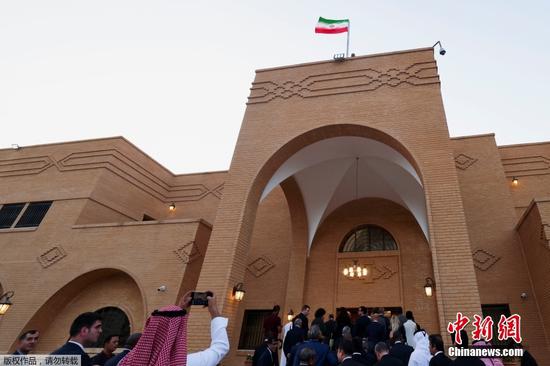
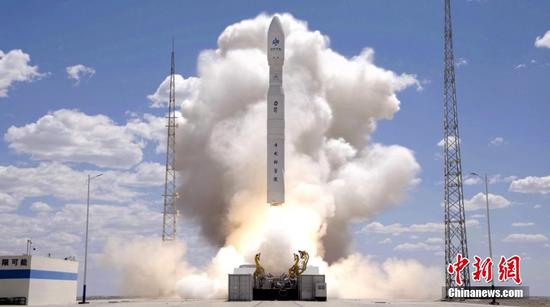



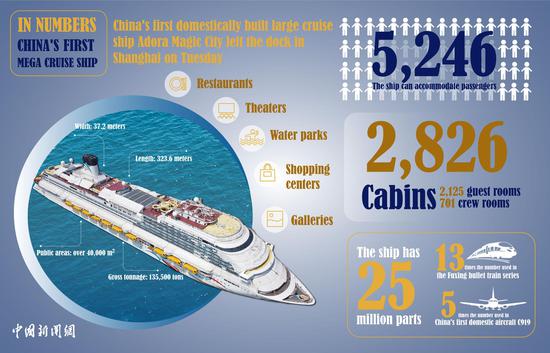





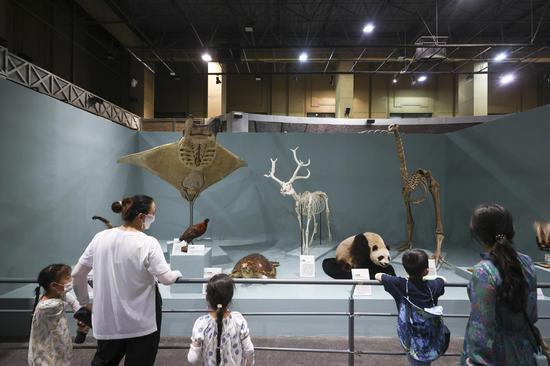

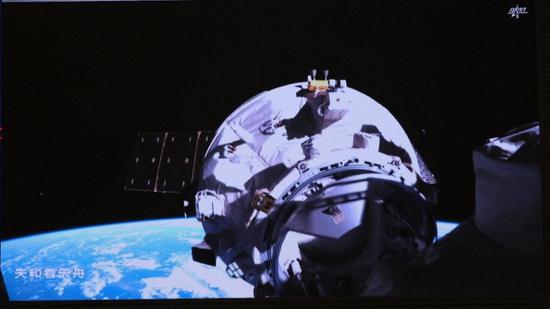



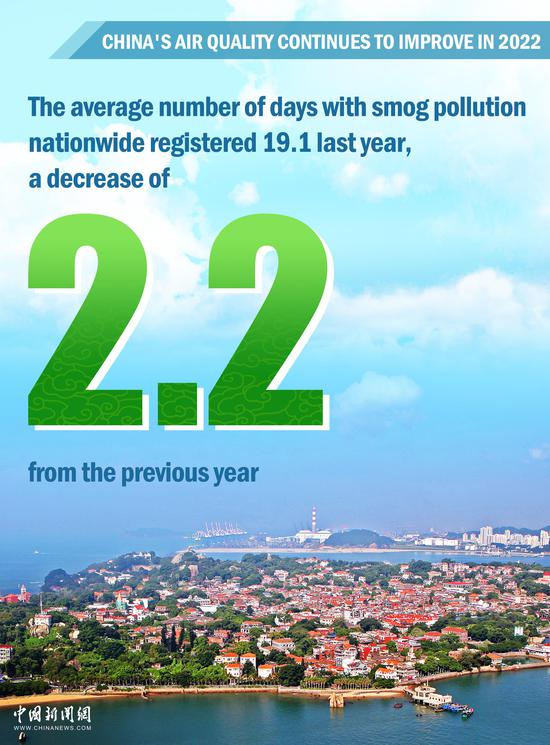





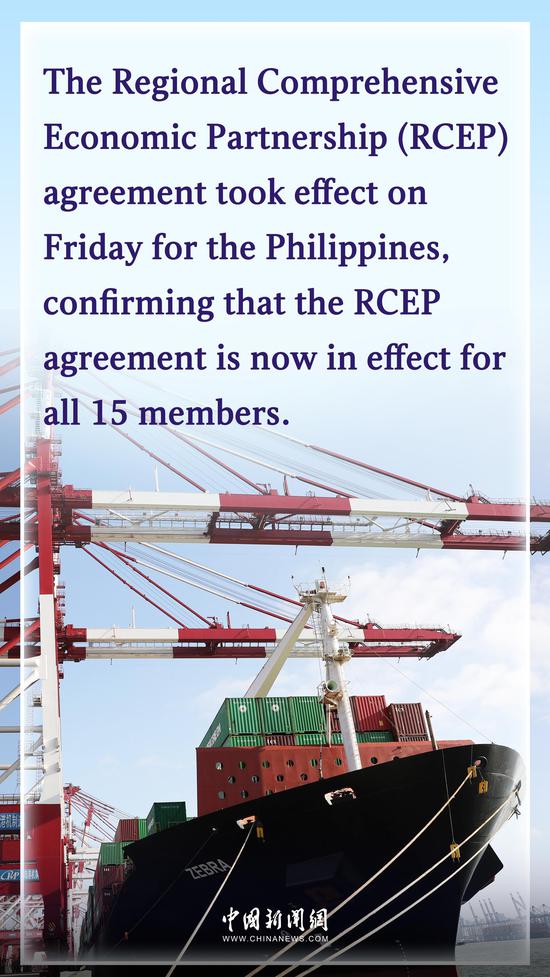

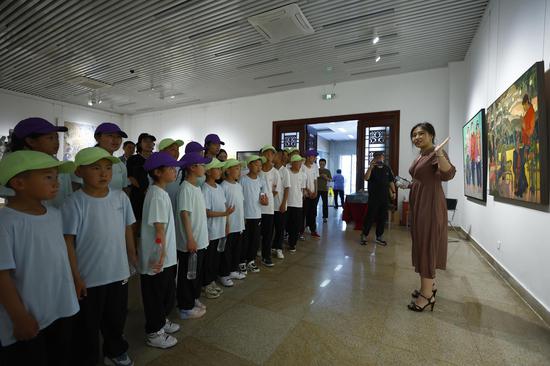






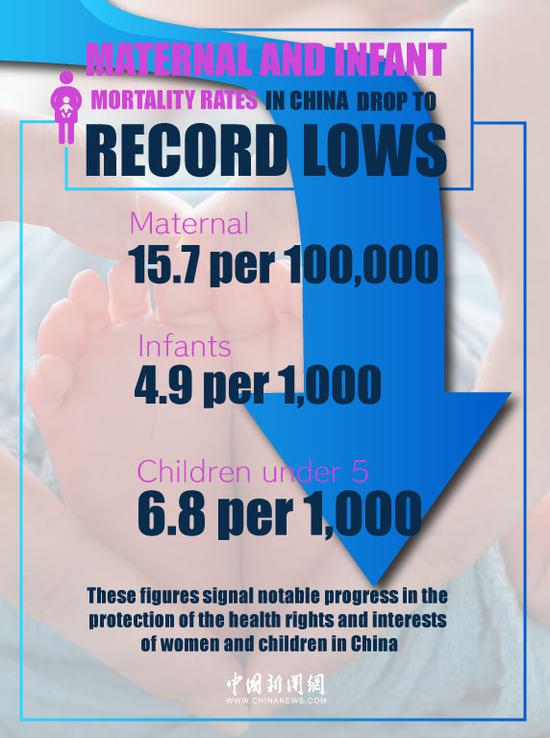






 京公网安备 11010202009201号
京公网安备 11010202009201号